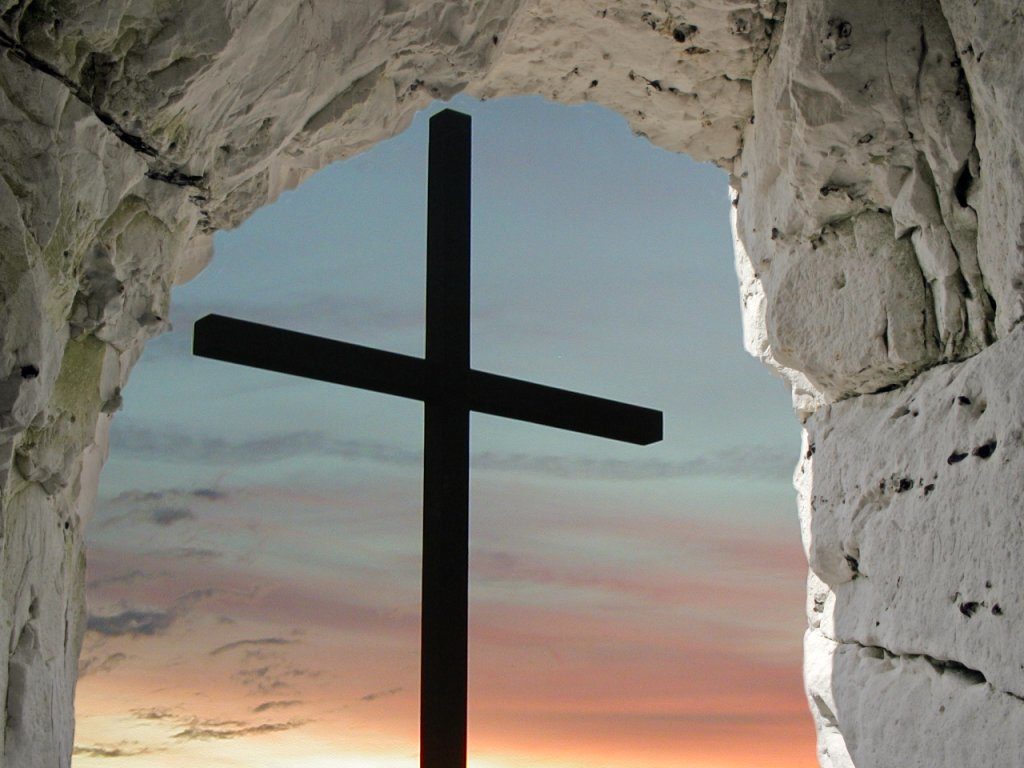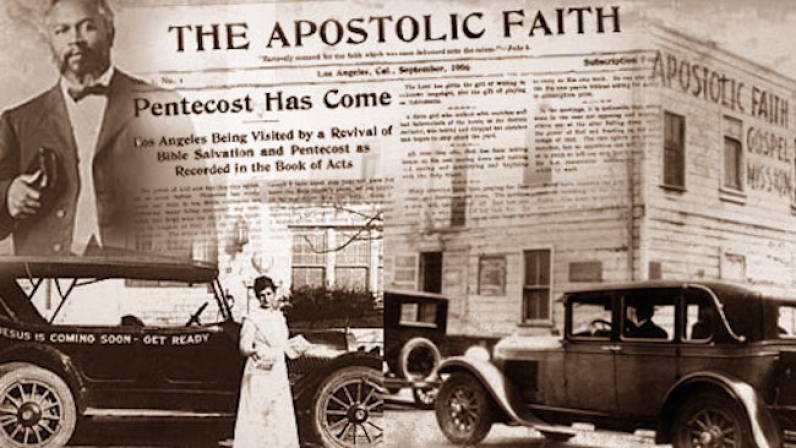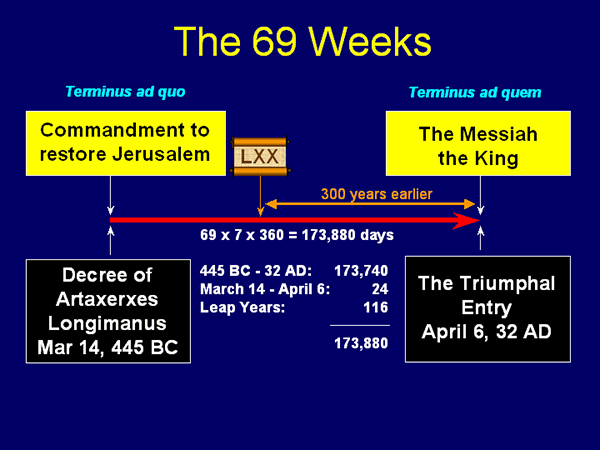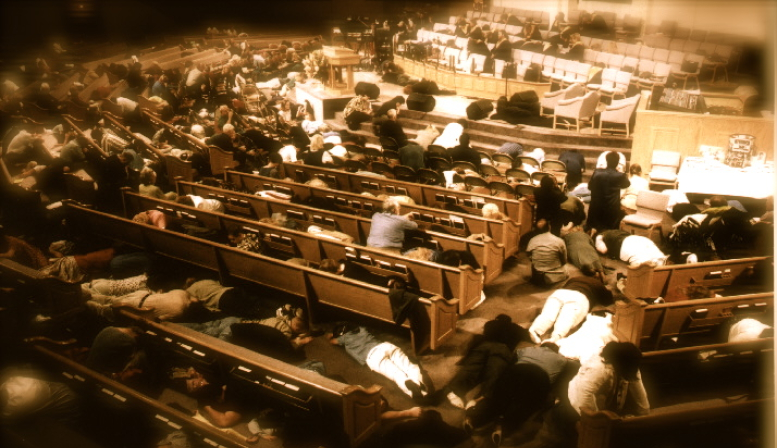Four Warnings for Your Twenties
 How far do you get into the Old Testament when you start to feel the friction of daily Bible reading? We know the resistance is good for us, like we feel when we exercise, but we often don’t enjoy it — like when we exercise. For many, it’s simply harder to wake up for Numbers in March than for Genesis in January. The days can begin to feel like a season in the wilderness.
How far do you get into the Old Testament when you start to feel the friction of daily Bible reading? We know the resistance is good for us, like we feel when we exercise, but we often don’t enjoy it — like when we exercise. For many, it’s simply harder to wake up for Numbers in March than for Genesis in January. The days can begin to feel like a season in the wilderness.
Even though 2 Timothy 3:16 echoes in the back of our heads, “All Scripture is breathed out by God and profitable,” the experience of reading our Bibles can be a little like watching grandma use a smartphone. She knows it can do a lot more than she does with it, but she’s at a loss without someone showing her (seven or eight times) how to take a picture, turn on Bluetooth, or listen to a podcast.
These Things Happened for You
In 1 Corinthians 10, the apostle Paul sits down with us, like a room full of grandmas, to explain how to read Moses in our daily fight against sin and for joy. He begins by reminding his readers of the Exodus and Israel’s wandering in the wilderness (1 Corinthians 10:1–5).
He explains that their hope was ultimately in Christ, even though Jesus would not be born for more than a thousand years (1 Corinthians 10:4). Then he writes, as if speaking to a crowd of twentysomethings today, “Now these things took place as examples for us, that we might not desire evil as they did” (1 Corinthians 10:6).
I say twentysomethings, because the next four things he says are remarkably relevant for the rising generation of Christians.
The same temptations that were murdering the believers under Moses are waging a spiritual war against believers today: entertainment, sexual immorality, impatience, and contentment. Paul finishes the paragraph by saying, “Now these things happened to them as an example, but they were written down for our instruction, on whom the end of the ages has come” (1 Corinthians 10:11).
These four warnings were lived out by Israel, but meant by God for you, and for me.
1. Do You Distract Yourself with Entertainment?
Do not be idolaters as some of them were; as it is written, “The people sat down to eat and drink and rose up to play.” (1 Corinthians 10:7, quoting Exodus 32:6)
Paul quotes (or alludes to) Moses for each of these. He clearly has particular passages or events in mind as he pastors the churches of his day. In this case, he quotes from Exodus 32. Moses is meeting with God on the mountain — he was meeting with God. The meeting ran longer than the people expected, and they got bored and disinterested (Exodus 32:1).
They asked Aaron for another god, he made them a golden baby cow, and they “sat down to eat and drink and rose up to play” (Exodus 32:1–6). They ordered delivery, turned on Netflix, and scrolled through social media at the same time.
Unwilling to wait for Moses (and God), they decided to entertain themselves instead. We’ll deal with impatience later, but the point here is that entertainment is an easy and empty god. Have you given up waiting for God to move — to reveal himself in his word, to help you make an important decision, to bring the healing or reconciliation you’ve been asking for — and decided to distract yourself with something fun instead?
2. Are You Experimenting with Sexual Sin?
We must not indulge in sexual immorality as some of them did, and twenty-three thousand fell in a single day. (1 Corinthians 10:8, referring to Numbers 25:1–9)
We tend to think of today’s America as the most sexually promiscuous and degenerate group in history. And we’re probably wrong. Sexual immorality was enticing and enslaving long before pornography was online or homosexuals were “married.”
In Numbers 25, the men of Israel began sleeping around with forbidden foreign women (Numbers 25:1), to the point that one man boldly brings his sexual immorality before the whole congregation (25:6). He knew God had forbidden this relationship, and yet, not only did he indulge in it, but then flaunted his immorality before the people. He experimented sexually, against God’s clear commands, and then bragged about it.
He and the woman were speared to death (Numbers 25:8). Seem too severe? Moses wants us to see that we deserve that, and far worse, from God if we indulge in sexual sin.
God brought a plague against the people because of their sexual immorality, and 24,000 died (Numbers 25:9). As a point of reference, there are 24,000 students currently enrolled at Auburn University. That many, all dead because of sexual immorality.
Moses said that all that death happened for your sake — a spear through a stomach, a plague wiping out thousands — so that you and I would feel the awful offense of sexual sin, and flee from it.
3. Do You Refuse to Wait?
We must not put Christ to the test, as some of them did and were destroyed by serpents. (1 Corinthians 10:9)
In Numbers 21, the people have escaped Egypt and been to Mount Sinai. Now, they are on the way to the Promised Land. Moses tells the story, “From Mount Hor they set out by the way to the Red Sea, to go around the land of Edom. And the people became impatient on the way. And the people spoke against God and against Moses . . . ” (Numbers 21:4–5).
How would you do on that long, hard road from Egypt to Canaan? Does your life feel like that some days (or months, or years)? God had saved Israel from cruel and violent slavery. And he promised to bring them into their own land of safety and prosperity. But they could not wait.
How did God respond to their impatience? He sent poisonous snakes into the camp, and many died (Numbers 21:6). They repented (Numbers 21:7). Will we? Having been rescued by God from never-ending judgment and destruction, are we willing to wait another week, another year, or another ten years for him to answer our prayers?
God heard their pleas for mercy and made a way of salvation (Numbers 21:8–9). Jesus tells us that scene was meant to help us wait for him. “As Moses lifted up the serpent in the wilderness, so must the Son of Man be lifted up, that whoever believes in him may have eternal life” (John 3:14–15). God is waiting to save and satisfy you, if you are willing to trust him and wait.
Read the entire article Here
© 2016 Desiring God
Photo courtesy: Heavens Call
 ‘Amerigeddon’ movie warns of coming chaos.
‘Amerigeddon’ movie warns of coming chaos. In His Olivet discourse as recorded by Matthew in chapter 24, Jesus said that as the age draws to a close, society will be like it was in the days of Noah and Lot. The fact that Jesus prophesied that “As the days of Noah were, so shall the coming of the Son of Man be,” it is important to understand what these days included.
In His Olivet discourse as recorded by Matthew in chapter 24, Jesus said that as the age draws to a close, society will be like it was in the days of Noah and Lot. The fact that Jesus prophesied that “As the days of Noah were, so shall the coming of the Son of Man be,” it is important to understand what these days included.
 When God intends great mercy for His people, the first thing He does is to set them praying.” Those are the oft-repeated words of the 17th-century Welsh minister and author Matthew Henry.
When God intends great mercy for His people, the first thing He does is to set them praying.” Those are the oft-repeated words of the 17th-century Welsh minister and author Matthew Henry. 1. Read for the author’s meaning, not your own.
1. Read for the author’s meaning, not your own. Rejoice greatly, daughter of Zion; cry out, daughter of Jerusalem! Look! Your king is coming to you. He is righteous, and he is able to save. He is humble, and is riding on a colt, the foal of a donkey. (Zechariah 9:9 ISV)
Rejoice greatly, daughter of Zion; cry out, daughter of Jerusalem! Look! Your king is coming to you. He is righteous, and he is able to save. He is humble, and is riding on a colt, the foal of a donkey. (Zechariah 9:9 ISV)
 Several decades ago, Saul Bellow wrote this:
Several decades ago, Saul Bellow wrote this: C.H. Spurgeon, the powerful English preacher, said the following about the need for revival and repentance:
C.H. Spurgeon, the powerful English preacher, said the following about the need for revival and repentance: